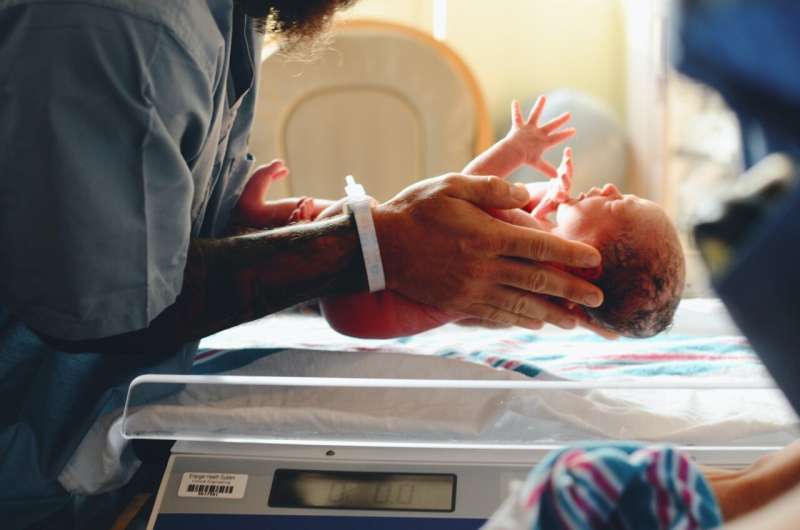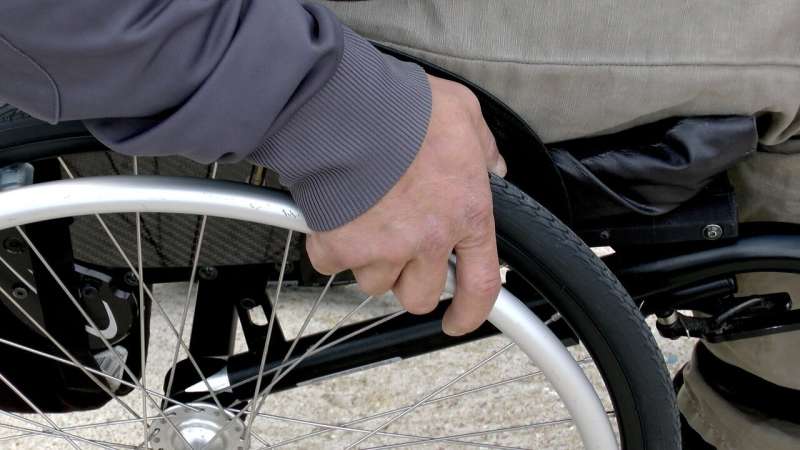Innovative Acid-Resistant Hydrogel Enhances Gastric Wound Healing in Animal Studies

A groundbreaking acid-resistant hydrogel inspired by gastric mucus has demonstrated significant potential to enhance wound healing in the stomach, showing superior adhesion, durability, and biocompatibility in animal studies.
Recent advancements in biomaterials have led to the development of a novel hydrogel inspired by gastric mucus, designed to withstand harsh acidic environments and promote healing of stomach wounds. Hydrogels, such as gelatin-based materials, are known for their high water absorption capacity and potential to aid tissue repair and drug delivery; however, their stability in the stomach's acidic conditions has been a significant challenge.
A research team led by Zuankai Wang from Hong Kong Polytechnic University has engineered an acid-resistant hydrogel named 'ultrastable mucus-inspired hydrogel' (UMIH). Published in Cell Reports Physical Science, their findings demonstrate that UMIH not only adheres firmly to gastrointestinal tissues in animal models but also accelerates and improves wound healing beyond existing treatments, including a clinically approved mucosal protectant.
UMIH mimics natural gastric mucus by forming a polymer mesh that retains water and creates a jelly-like consistency essential for tissue coating. To enhance its durability in acidic conditions, the researchers incorporated three key molecular components: ELR-IK24, a protein that binds hydrogen ions to reduce local acidity; tannic acid, which boosts surface adhesion; and HDI, a molecule that stabilizes the hydrogel's structure under low pH. These modifications give UMIH superior adhesive strength, especially under harsh gastric conditions.
In laboratory tests simulating the stomach's environment (pH 2), UMIH exhibited 15 times stronger adhesion compared to aluminum phosphate gel (APG), a widely used mucosal protectant. While APG degraded within three days, UMIH maintained about 50% of its structural integrity after seven days, indicating remarkable durability. Importantly, UMIH demonstrated biocompatibility, showing no toxicity to gastrointestinal cells and possessing antimicrobial activity against E. coli and S. aureus.
Animal studies involving pig and rat models of esophageal injury revealed that UMIH effectively adhered to wounds, reduced tissue damage and inflammation, and facilitated new blood vessel growth—an essential process in tissue repair. The material's ability to remain stable in the stomach suggests significant potential for clinical applications, such as treating gastric ulcers, reflux, and post-surgical wounds.
Lead researcher Dr. Wang emphasized that UMIH's scalable production, low cost, and compatibility with existing medical procedures make it a promising candidate for human trials. Future plans include integrating this hydrogel with drug delivery systems and implantable electronics to create smart devices capable of real-time treatment and monitoring of gastrointestinal conditions.
While further studies are necessary to confirm safety and efficacy in humans, the innovative design and promising results indicate that UMIH has the potential to revolutionize gastrointestinal wound management and therapy.
Stay Updated with Mia's Feed
Get the latest health & wellness insights delivered straight to your inbox.
Related Articles
Innovative Opioid Testing Methods Promise Enhanced Treatment Strategies
Researchers from Brown University have developed advanced automated testing methods for detecting opioids in small blood samples and dried blood spots, promising significant improvements in opioid diagnosis and treatment, especially for newborns and individuals with opioid use disorder.
Epstein-Barr Virus Reorganizes Human Genome to Promote Nasopharyngeal Cancer Spread
New research uncovers how Epstein-Barr virus reorganizes the human genome to promote the spread of nasopharyngeal cancer, opening new avenues for targeted therapies.
CDC Deliberations on Hepatitis B Vaccine Timing: Politicization and Transmission Risks
The CDC faces controversy over delaying hepatitis B vaccination for newborns amid misconceptions about virus transmission and concerns over public health policy. Experts emphasize the importance of early vaccination to prevent lifelong liver complications.
Medicaid Policy Reversal Threatens Access to Housing and Nutritious Food for Vulnerable Populations
The Trump administration's rollback of Medicaid social service funding poses risks to vulnerable populations by limiting access to housing and nutritious food, potentially increasing health disparities and costs.



